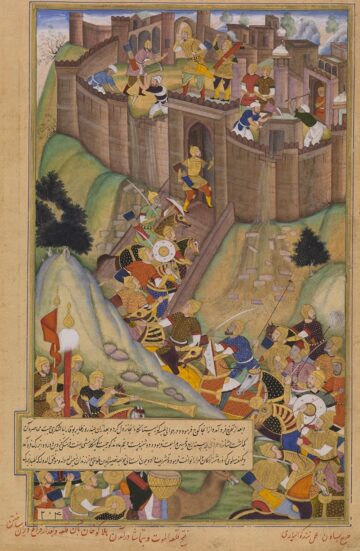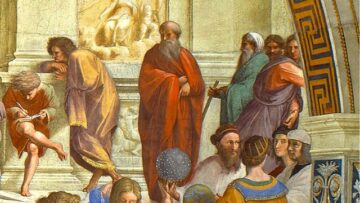Keywords: Knowledge, Epistemology, Religious philosophy (kalam), Islamic Hellenistic philosophy (falsafa), Mu‘tazilis, Ash‘aris, Neoplatonism, Mystical philosophy, Illuminationist philosophy, Metaphysics, Cosmology, ethics, Political Philosophy, Emanation, Active Intellect, Physical sciences, Astronomy, Astrology, Optics, Medicine, Mathematics, Observatory, Hospital, Translation, Dar al-‘Ilm, FatimidsMajor Muslim dynasty of Ismaili caliphs in North Africa (from 909) and later in Egypt (973–1171) More.
Abstract Like the intellectual traditions of other civilizations, the intellectual traditions of Islam examined the entirety of questions which fall under the purview of the intellect. The present study focuses on the questions which are today categorized as belonging to the disciplines of the many branches of philosophy and the sciences. The study examines the historical evolution of the competing schools of philosophy and some of the significant developments in the sciences during the early (1st-2nd centuries AH/7th-8th centuries CE), classical (3rd-6th centuries AH/9th-12th centuries CE), and the medieval (7th-11th centuries AH/13th-17th centuries CE) periods of Islamic civilization.
Introduction
The pursuit of knowledge is central to the Qur’anic message. The goal of knowledge is not mere contemplation but the discovery of action that leads to ultimate felicity. In the intellectually fertile, diverse, multi-faith, multiethnic, and stimulating environment of classical and medieval Islamic civilisation, an intense debate existed among competing intellectual disciplines. This debate, which endured across continents and centuries even as these disciplines evolved, focused on the issues of the identity and foundations of “real” knowledge that one ought to acquire and make the basis for action.







